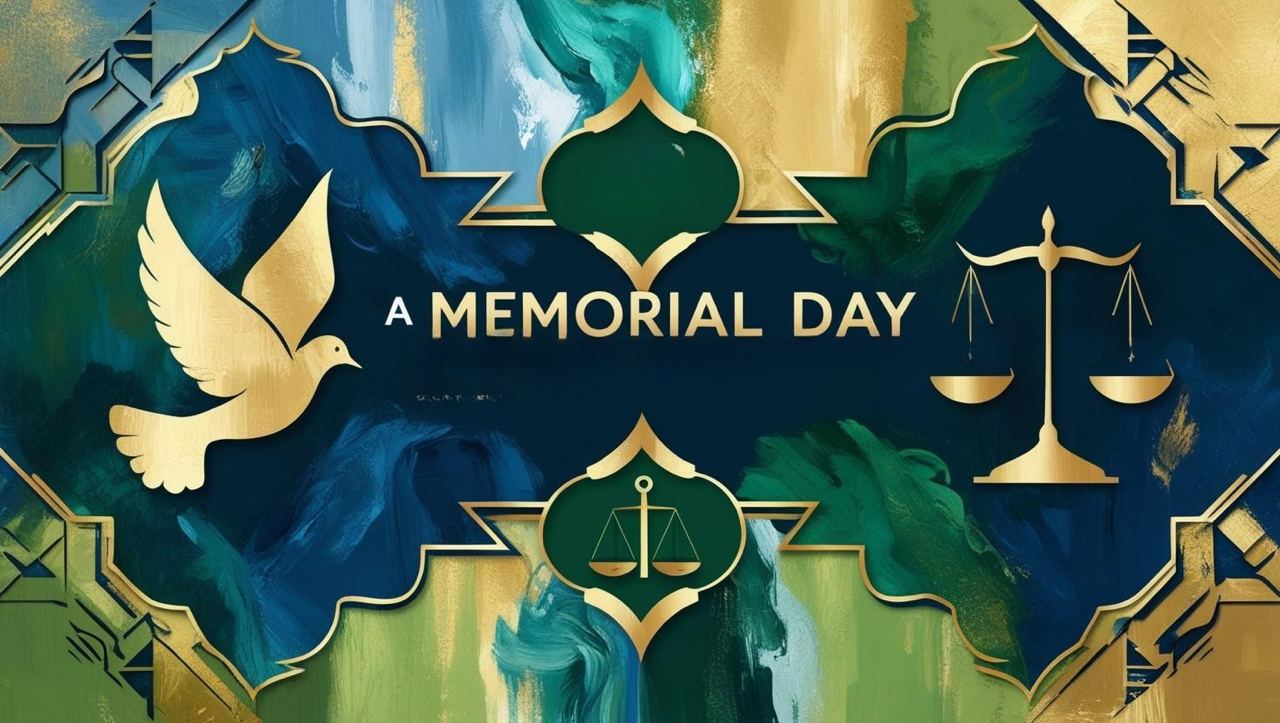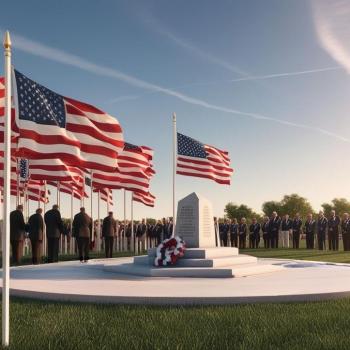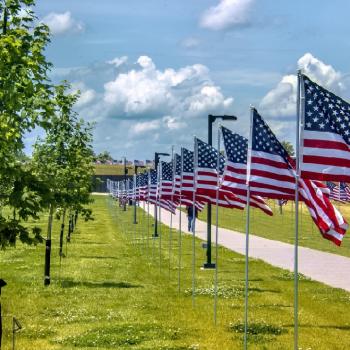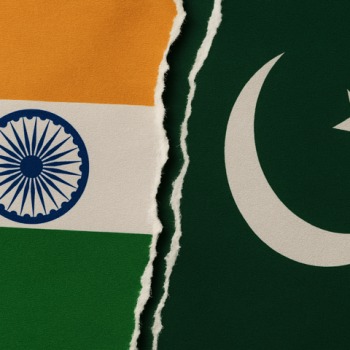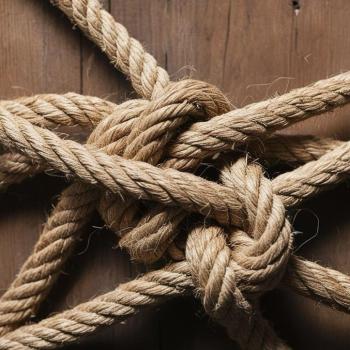Each year, on the final Monday of May, Americans pause to honor the brave individuals who gave their lives in military service to this nation. Memorial Day is more than a long weekend—it is a sacred time of remembrance. A time to reflect not just on those we have lost, but on the ideals for which they gave everything: liberty, justice, and human dignity.
As an Ahmadi Muslim, this day holds special significance for me. My religious community—the Ahmadiyya Muslim Community—is rooted in a global Islamic movement that has long championed peace, interfaith dialogue, and service to humanity. And yet, in several Muslim-majority countries, including Pakistan, we face institutional persecution. We are legally forbidden from identifying as Muslims. Our mosques are attacked, our literature is banned, and those who practice the faith openly may be imprisoned or even killed.
In contrast, here in the United States, I can pray openly, write publicly about my faith, and live without fear. That freedom is sacred. And it exists, in part, because brave men and women stood up to defend it—even at the cost of their lives. I do not take this for granted.
Many Muslim Americans, including Ahmadi Muslims, have served in the U.S. Armed Forces. Their service is not an anomaly; it reflects a deep sense of duty rooted in faith. The Prophet Muhammad (peace be upon him) stated,
“Love of one’s country is part of faith.”
This teaching affirms that true patriotism is a spiritual value—an expression of one’s responsibility to contribute to the peace and prosperity of society.
The Holy Qur’an further reinforces this with the verse:
“O ye who believe! Obey Allah, and obey the Messenger, and those in authority among you…” (4:60)
This verse is not merely about obedience—it is a reminder of the social contract between citizens and leadership. It commands us to respect governance rooted in justice and to recognize the role of those who safeguard it.
Our worldwide spiritual leader, His Holiness Hazrat Mirza Masroor Ahmad, has clearly stated:
“As citizens of any country, we Ahmadi Muslims will always show absolute love and loyalty to the State… Whenever a country requires its citizens to make sacrifices, the Ahmadiyya Muslim Community will always be ready to bear such sacrifices.”
So yes—on Memorial Day, I honor those who have fallen. I offer a prayer of gratitude for those who gave their lives so that others might live free. But this remembrance also brings with it a responsibility: to protect and uphold the very principles they fought to preserve.
This is why, as a Muslim and an American, I cannot stay silent in the face of injustice. We are tragically witnessing injustices around the world—threatening future generations and stripping away the most fundamental human rights: life, liberty, and justice. Innocent people are starving while aid convoys are blocked or bombed.
The Holy Qur’an is unequivocal in its condemnation of such transgressions:
“Whosoever killed a person… it shall be as if he had killed all mankind.” (Qur’an 5:33)
Even during war, Islam demands restraint, ethics, and mercy. The Prophet Muhammad (peace be upon him) instructed his followers:
“Do not kill women, children, the elderly, or religious clergy. Do not destroy homes, crops, or livestock.”
His conduct in battle was marked by mercy—even toward his enemies. He modeled what it means to hold fast to humanity, even under the most trying circumstances.
To honor the fallen means more than placing flags or offering moments of silence. It means ensuring that their sacrifice is not co-opted to justify further injustice. It means speaking up when the rights of others—at home or abroad—are being violated. Silence, in the face of human suffering, is not neutrality; it is complicity.
Memorial Day should not be viewed in isolation. It must be part of an ongoing commitment to build a society grounded in the very ideals for which our soldiers died. Liberty must not be selective. Justice must not be conditional. And dignity must not be reserved for the privileged.
The Prophet Muhammad (peace be upon him) stated:
“The most beloved people to Allah are those who bring the most benefit to others.” Thus, service, sacrifice, and compassion are the beating heart of faith—and of national unity.
This Memorial Day, let us remember those who gave their lives not only with solemn reverence, but with moral courage. Let us reflect on whether our actions, our policies, and our voices align with the values of liberty and justice they died defending. Let us serve our neighbors, uphold truth, and demand compassion from those in power.
And let us never forget: true patriotism means striving not only for what our country is—but for what it has the potential to become.


